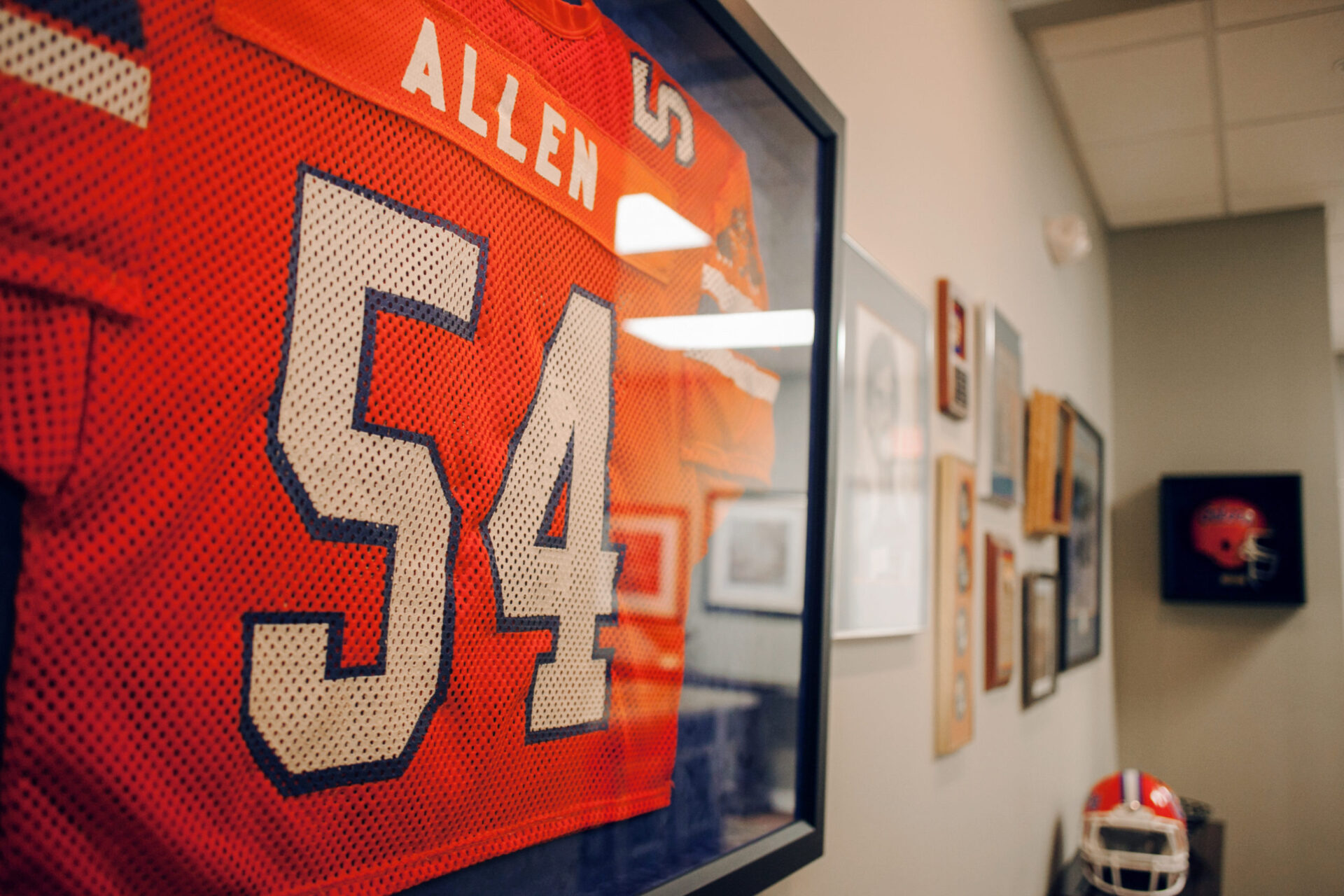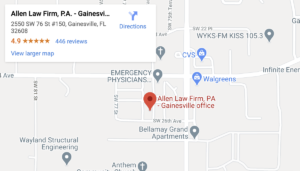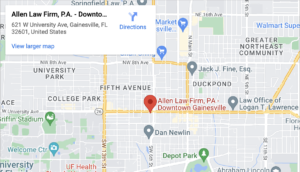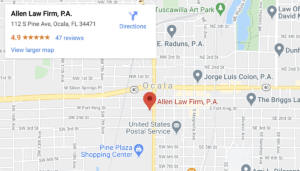What is Liability?

Liability is created when a negligent party causes harm or injury to another person. Intentional acts that cause injury may also create liability for damages.
Injury victims may recover compensation for their damages by filing liability claims with insurers or in court. However, they must first establish liability by proving causation, fault, and damages.
Legal Theories of Negligence and Liability in Personal Injury Cases
Four causes of action that might create liability in a personal injury lawsuit are:
Negligence
A person is negligent when they fail to use reasonable care and injure another person. The four legal elements of negligence that create liability are:
- The defendant had a duty of care
- The defendant breached the duty of care
- Your injury was caused by a breach of duty
- You incurred damages because of the defendant’s conduct
A jury uses the “reasonable person” standard to judge whether the defendant breached the duty of care. The jurors decide what a person of ordinary prudence would have done in the same situation that led to your injuries. If the defendant’s conduct did not meet the level of care a reasonable person would have used in the situation, the defendant is negligent.
Even though the defendant may have been negligent, the defendant’s conduct must have directly caused the plaintiff’s injury to create liability for damages. The jurors use the evidence presented during the trial to decide if the defendant caused the plaintiff’s injuries. If so, the jurors award an amount to the plaintiff for damages.
Strict Liability
A party may be held liable for damages in some cases even though the party was not negligent and did not intend to harm the plaintiff. These cases involve strict liability, and the plaintiff only needs to prove that the defendant’s conduct caused their injury, and they sustained damages.
Strict liability applies in many product liability claims. It may also be used to prove liability in cases involving abnormally dangerous activities, dog bites, and wild animal injuries.
Vicarious Liability
Typically, only the parties responsible for causing a person’s injuries are liable for damages. However, the theory of vicarious liability holds a third party liable for damages caused by another party.
This type of liability claim is used to hold employers responsible for their employee’s negligent acts. For vicarious liability to apply, the employee must have acted within the scope of employment at the time of the injury. If so, the employer could be held liable for the injured party’s damages.
Negligence Per Se
Violating a safety law while breaching the duty of care could result in a negligence per se claim. In most personal injury lawsuits, the plaintiff has the burden of proving each element of negligence to establish the defendant’s liability. However, in a negligence per se case, the burden of proof shifts to the defendant.
In negligence per se cases, there is a presumption of negligence if a defendant violated a safety law and injured another person. The law must be designed to protect against the kind of injury the plaintiff suffered.
For example, a defendant who drove with a BAC above 0.08% and caused a wreck may be negligent per se. Drunk driving laws are designed to prevent accidents by drunk drivers.
What Damages Does an Injured Party Receive for an Injury Claim?
The types of damages you could receive for an injury or accident claim include, but are not limited to:
- Medical bills and future medical expenses
- Lost wages, including future loss of income and, decreased earning potential
- Cost of nursing care and personal care
- Physical, mental, and emotional pain and suffering
- Reduced quality of life and loss of enjoyment of life
- Impairments and disabilities
Careful documentation of damages increases the chance you receive the total value of your damages. An insurance company requires justification for expenses to include the costs in a settlement agreement. Our legal team can help you document your damages for a liability claim to maximize your recovery.
Who Pays Personal Injury Claims?
The person who caused your injury is responsible for paying your damages. However, liability insurance covers the damages in some cases. Types of insurance coverage that could apply in your personal injury case include:
- Bodily injury liability coverage
- Automobile insurance
- Medical malpractice insurance coverage
- General injury or property damage insurance
- Personal Injury Protection insurance
- Homeowners insurance policies
- Umbrella policies for car insurance and bodily injury liability insurance
The insurance company is only liable for damages up to the coverage limit of the insurance policy. The person who caused your injury would be responsible for any damages not covered by the insurance policy.
Schedule a Free Consultation With Our Florida Personal Injury Lawyers
Proving liability is the key to recovering compensation for injuries and damages. Our legal team at Allen Law Firm works diligently to get you the money you deserve.
Contact our law office to schedule a free consultation with an experienced Florida personal injury attorney.




